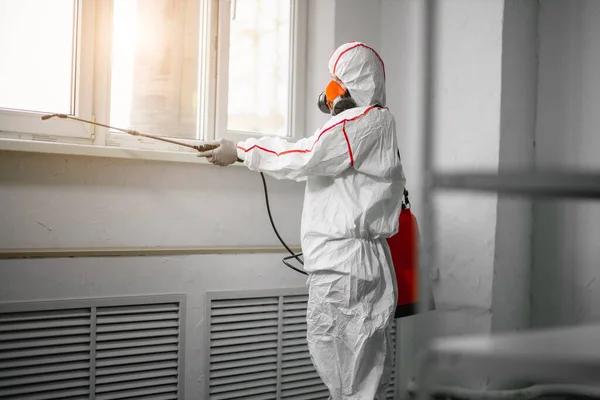A hot water heater is a fundamental component of any home, providing hot water for showers, washing dishes, laundry and more. Like any appliance, it has a lifespan and will eventually require replacement. Knowing when your hot water heater is nearing the end of its service life can save you from sudden breakdowns and unnecessary stress.
One key indicator that your hot water heater may need replacing is age. Most units have a lifespan of 8 to 12 years depending on its design, installation quality, maintenance schedule and usage demands. If your unit is approaching or has surpassed this age range without major repairs or replacements, it’s probably time to consider getting a new one.
Another sign that your hot water heater service oran needs replacing is if it’s not producing enough hot water or if the temperature fluctuates drastically. This could be due to sediment build-up in the tank over time which reduces its efficiency and capacity. Regular flushing can help prevent this issue but if the problem persists despite regular maintenance, replacement might be necessary.
Leaks are another red flag signaling potential replacement. Over time due to constant heating and cooling coupled with pressure changes within the tank can lead to cracks and leaks in your unit. Minor leaks can sometimes be repaired but persistent leaks often indicate serious internal problems that could warrant a complete replacement.
Rusty colored or muddy looking water coming from your faucets when running hot water could suggest rusting inside your tank which indicates deterioration over time. Similarly, metallic taste or smell in your tap warm water also suggests an aging unit with possible corrosion issues inside.
Unusual noises like rumbling sounds coming from the heater are also signs of trouble brewing within the unit as they typically signify accumulated sediment heating up at the bottom of the tank causing overheating which accelerates wear-and-tear on the system making it less efficient leading towards failure sooner than expected.
Lastly rising energy bills could indicate that your system is working harder than usual possibly because of decreased efficiency due to age or wear and tear. Newer models are typically more energy-efficient and could save you money in the long run.
In conclusion, while hot water heaters are designed to last for a significant amount of time, they will eventually need replacement. By being aware of these key indicators such as age, insufficient hot water supply, leaks, discolored water, unusual noises and rising energy bills can help you anticipate when it’s time to replace your unit. It’s always advisable to consult with a professional if you suspect your hot water heater is nearing its end so that they can provide expert advice tailored to your specific situation.
Pobst Hardware & Farm Supply, LLC
113 N Railroad St, Oran, MO 63771
573-995-3655

